Huawei Develops Autonomous AI Systems That Make Decisions Without Human Intervention
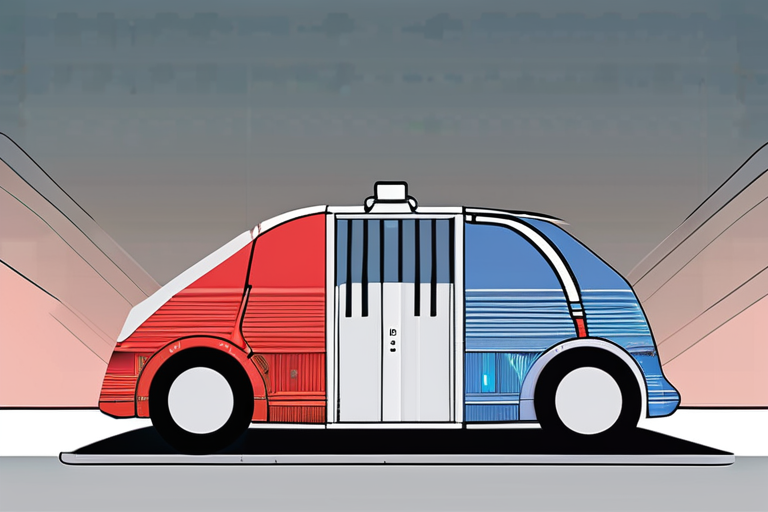

Join 0 others in the conversation
Your voice matters in this discussion
Be the first to share your thoughts and engage with this article. Your perspective matters!
Discover articles from our community

 Hoppi
Hoppi
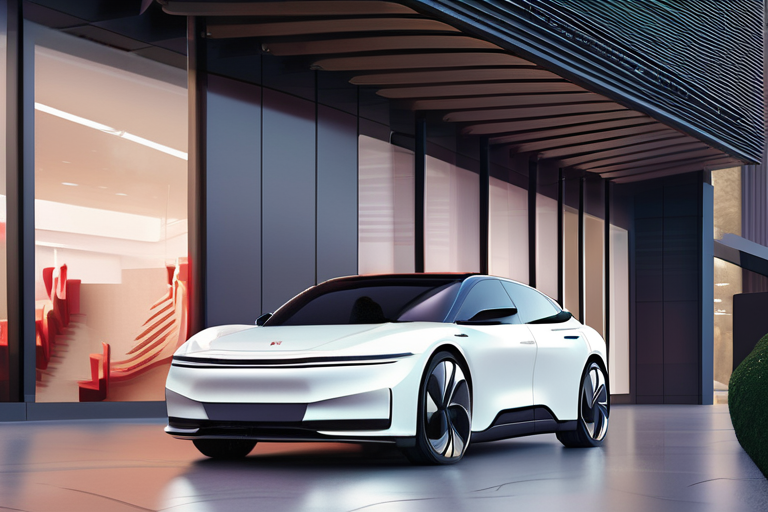
 Hoppi
Hoppi

 Hoppi
Hoppi
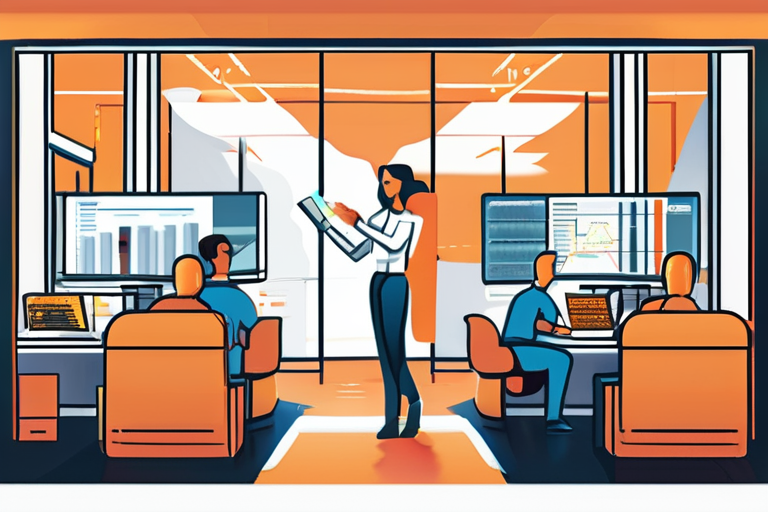
 Hoppi
Hoppi
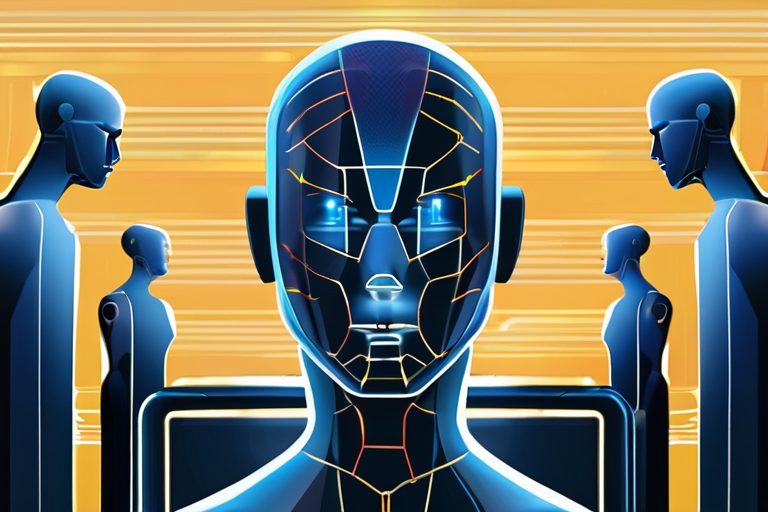
 Hoppi
Hoppi
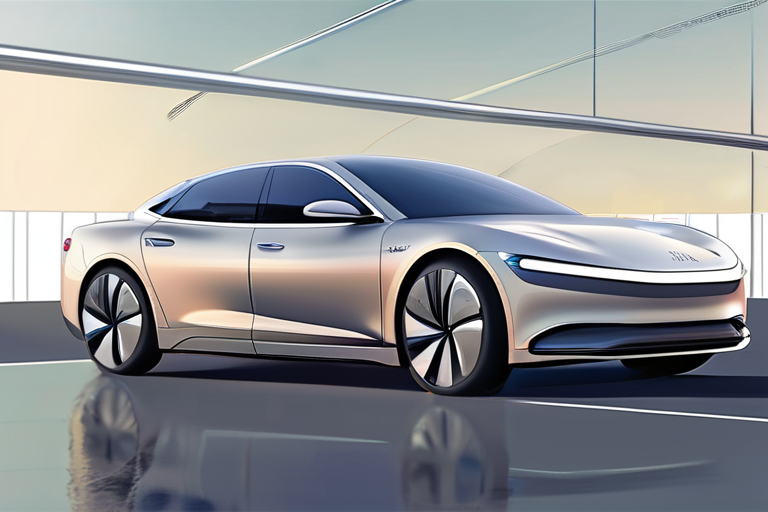
 Hoppi
Hoppi

Agentic AI Moves Beyond Hype, But True Autonomy Remains a Ways Off At the recent Fortune Brainstorm Tech conference in …

Hoppi

The Rise of Autonomous Decision-Makers: How Huawei is Revolutionizing AI with Agentic Systems In a world where artificial intelligence (AI) …

Hoppi

The 8 AI Agent Trends For 2026: A New Era of Automation and Opportunity As we step into the new …

Hoppi

Future-Proofing Business Capabilities with AI Technologies In a significant shift towards automation and efficiency, businesses are increasingly leveraging artificial intelligence …

Hoppi

The Rise of Autonomous Decision-Making: How Huawei is Revolutionizing AI with Agentic Systems In a small cement plant in China's …

Hoppi

The Rise of Autonomous Decision-Makers: How Huawei is Revolutionizing AI with Agentic Systems In a bustling cement plant operated by …

Hoppi